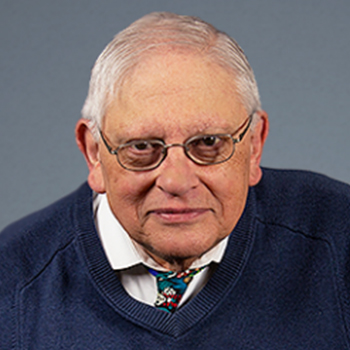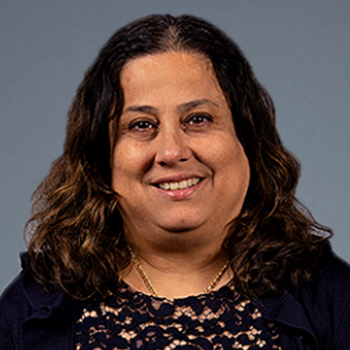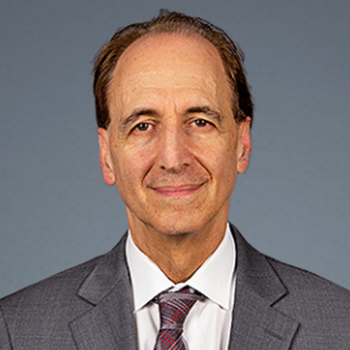Get Started
Take the first step on your journey toward better health.

Sometimes, people with type 1 or type 2 diabetes experience problems with their kidneys. That’s because, over time, high blood sugar levels can cause damage. This damage can make it more difficult for the body to dispose of waste and other fluids, causing a waste build-up in the blood system.
The good news is that regular kidney screenings and early treatment can help keep your kidneys healthy longer. At BIDMC at Joslin Diabetes Center, our team includes specialists in diabetes and kidney disease. Together, we’ll monitor you, detect any early problems, and treat you should problems arise.
If you have diabetes, you may or may not experience kidney disease. But, it’s always a good idea to closely monitor the health of your kidneys. You’re more likely to experience problems if you have high blood pressure, trouble controlling your blood glucose and a family history of kidney disease. With good blood glucose levels and regular checkups, kidney issues are greatly reduced.
If you have diabetes, it’s important to get regular urine and blood tests. These routine screenings will help detect a protein called albumin in your urine. Screenings can also find a substance called creatinine in your blood if your kidneys are not working well.
In the early stages of kidney disease, people often don't experience symptoms. Later stage symptoms can include poor sleep, lack of appetite, upset stomach, and more. That’s why it’s so important to get regular tests, no matter how you’re feeling. Our specialists can help. Should a problem arise, we’ll guide you through treatment and care, working to prevent major kidney complications.
The most important treatment for kidney disease is prevention. This involves closely monitoring blood glucose levels and blood pressure — before they weaken the kidneys. Our specialists might also recommend:
If your kidney disease has advanced, we are here for you. Our team will help you get home, outpatient, or inpatient dialysis services. And, if needed, we will guide you through the kidney transplant process with specialists at Beth Israel Deaconess Medical Center or at other institutions.



